Eva Lilienfeld, News Editor
lilienfe17@grinnell.edu
What do Golda Meir and Professor Katya Gibel Mevorach, Anthropology, have in common? Both the Israeli politician and Grinnell’s own Anthropology professor have spent time at Café Ta’amon, the subject of Michael Teutsch’s documentary, “Café Ta’amon, King-George-Street, Jerusalem.” The documentary was shown at Grinnell on Wednesday, April 6, and was followed up with a Q&A with the director.
The café is one of the oldest in Jerusalem and has long since been a hotbed of activism and social movements. In its near-100 year history, Café Ta’amon has been a spot for political minds, radical thinkers and artists to congregate in one of the world’s most famous cities. Teutsch followed several activists and the people frequenting the café and created a documentary both about the role activists play in a movement and the shop itself.
“[The documentary] is in-depth interviews with … several people who were activists back in the day and who continue to be involved in the roles they did at the time,” said Gibel Mevorach, who will chair the Multicultural Films Committee next year.
Some of the activists featured in the film include an attorney who at the time was one of two lawyers in Israel willing to defend Palestinians and the then-leader of the Black Panther movement.
“The people that we see continue to act even when there’s no one behind them,” Mevorach said. “With the momentum, it’s easy to be in a situation where you’re all together and … it feels good. There’s a feel good aspect to it. When that has died down, there’s something else … movements on the left disappear. … That really is where I hope the focus of attention can be sparked.”
Unlike other films that chronicle political and social movements, Teutsch’s documentary tells a story partially through character flashbacks. Teutsch features the activists both today and in the 1960s when they were pioneering the movements that they would spend the rest of their lives leading, which some screening attendees felt had profound effects.
“I thought it was pretty sad how there was this very vibrant movement going on and in the end nothing really happens,” said Nina Galanter ’18, who attended the screening. “To me [the lesson] of the film was unclear.”
Though the documentary follows several very different movements and raises questions regarding the Israeli-Palestinian conflict as well as domestic Israeli politics, Mevorach said that she hopes students watching take note of the underlying issues and consider the importance of continuing to do activist work even when it becomes unpopular or some of the movement slows.
“I would like the campus to focus on what is it to be an activist,” Mevorach said. “At the end of the day, around the world right now, there is lots of activism. There are movements that [were] headed toward major transformation and then they petered out for lots of different reasons. So the key question is, for young people, where do you see yourself 25 years from now? And I want that to be the focus of the film.”
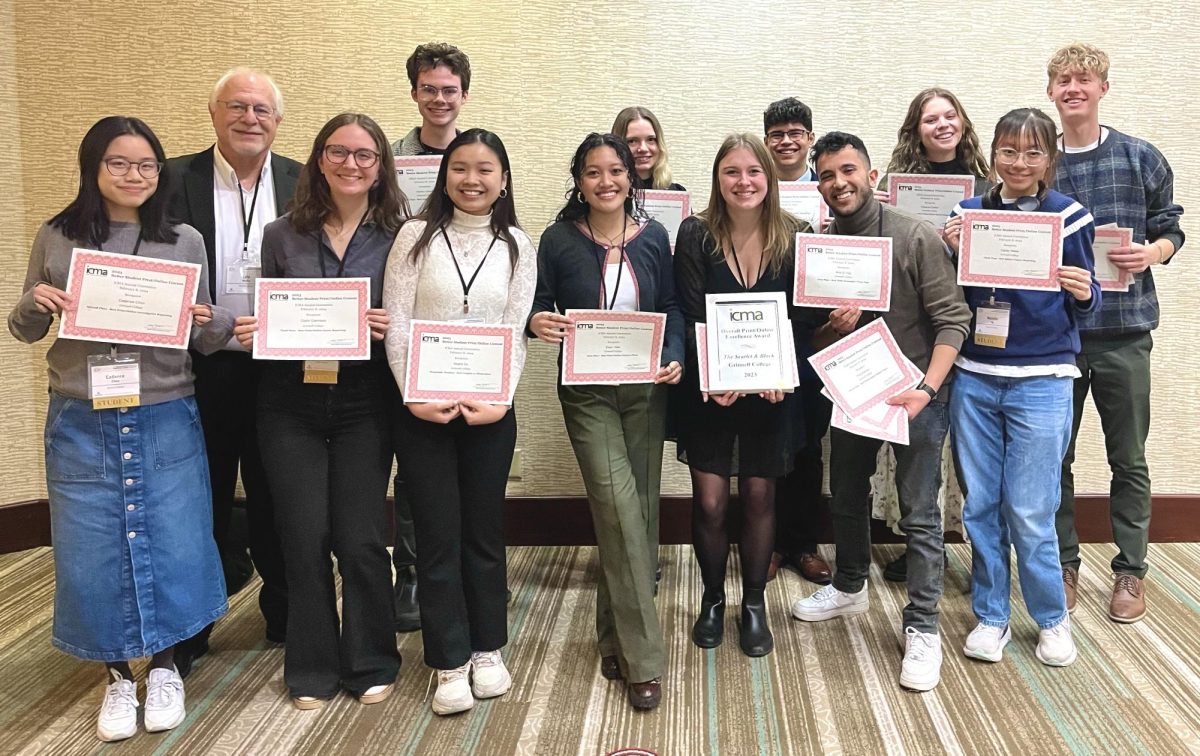

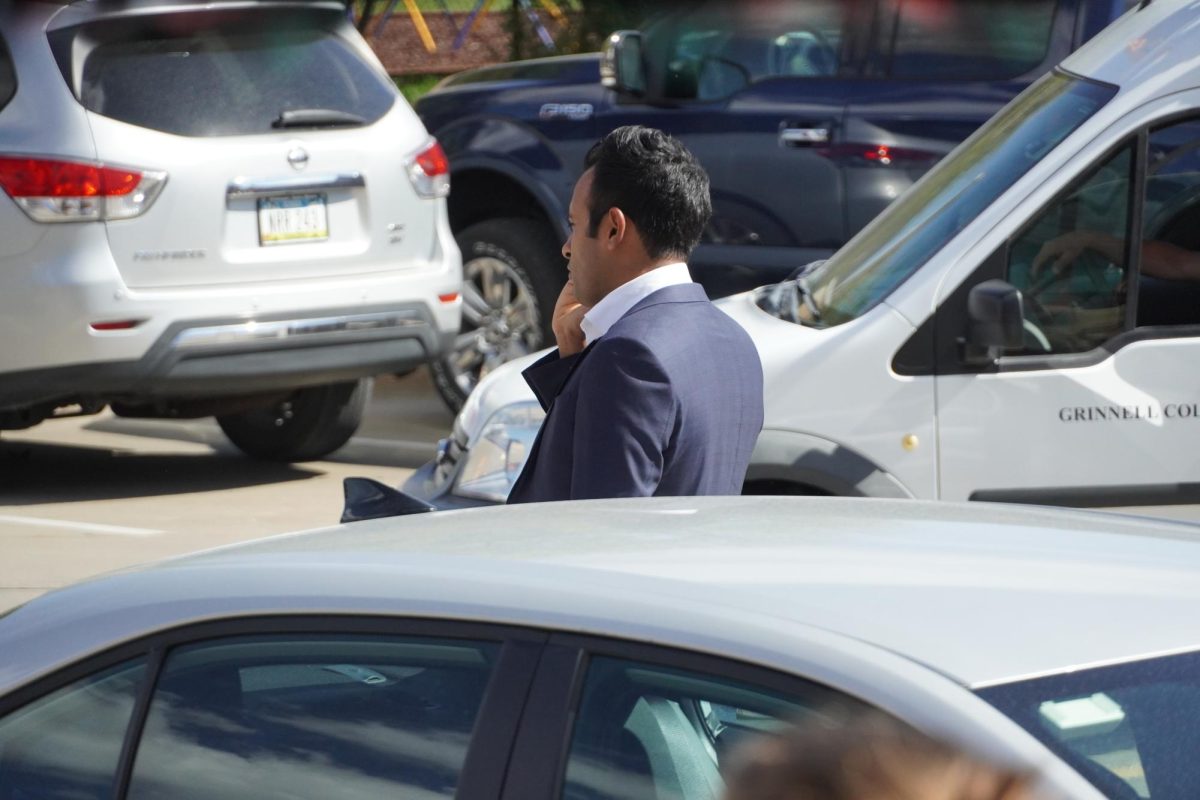
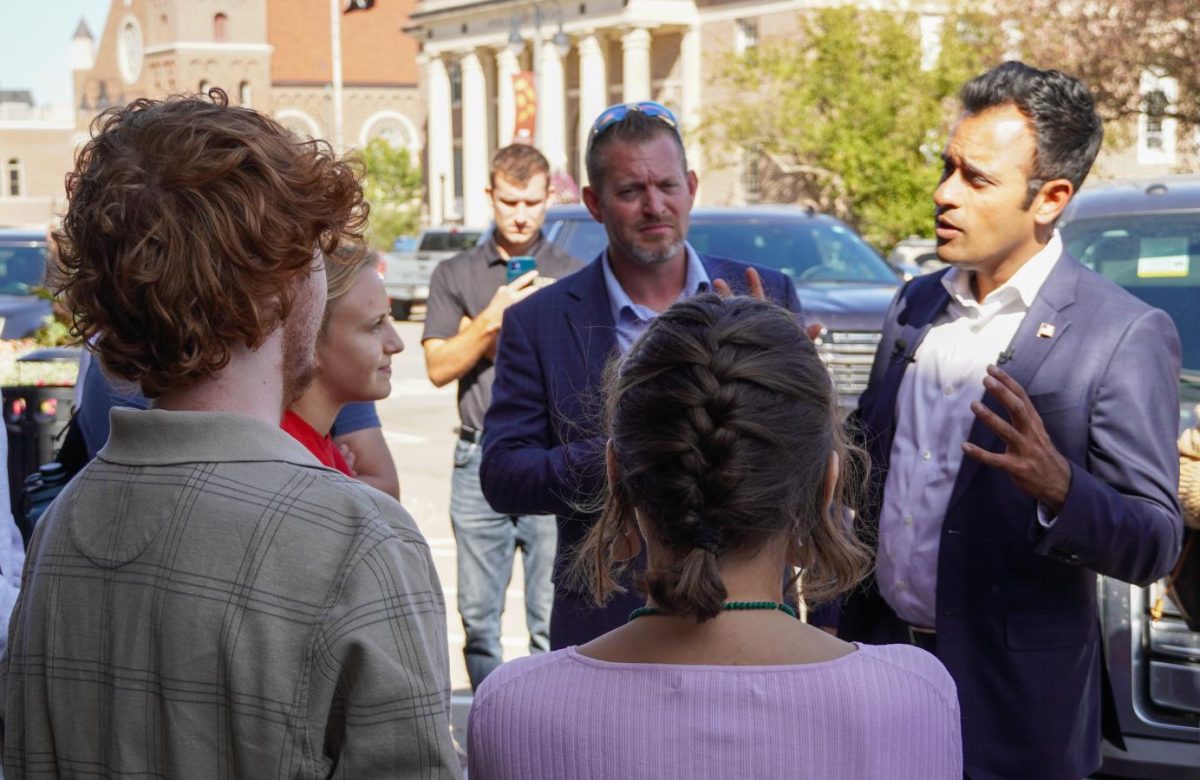

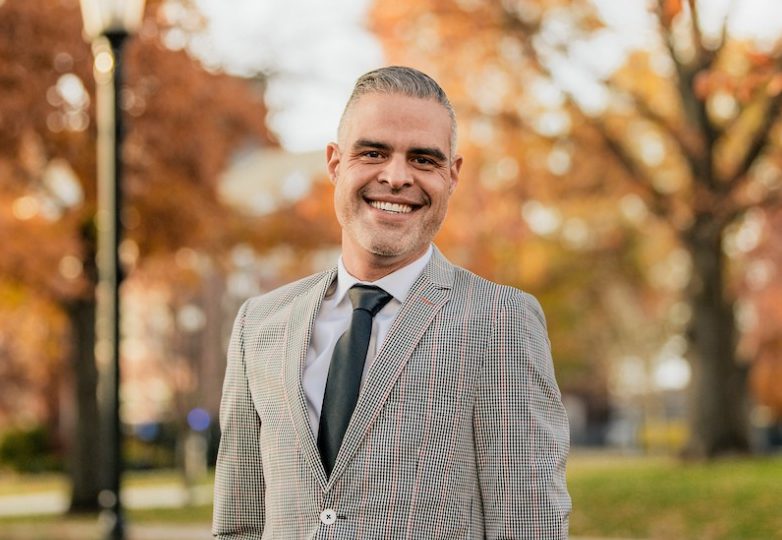
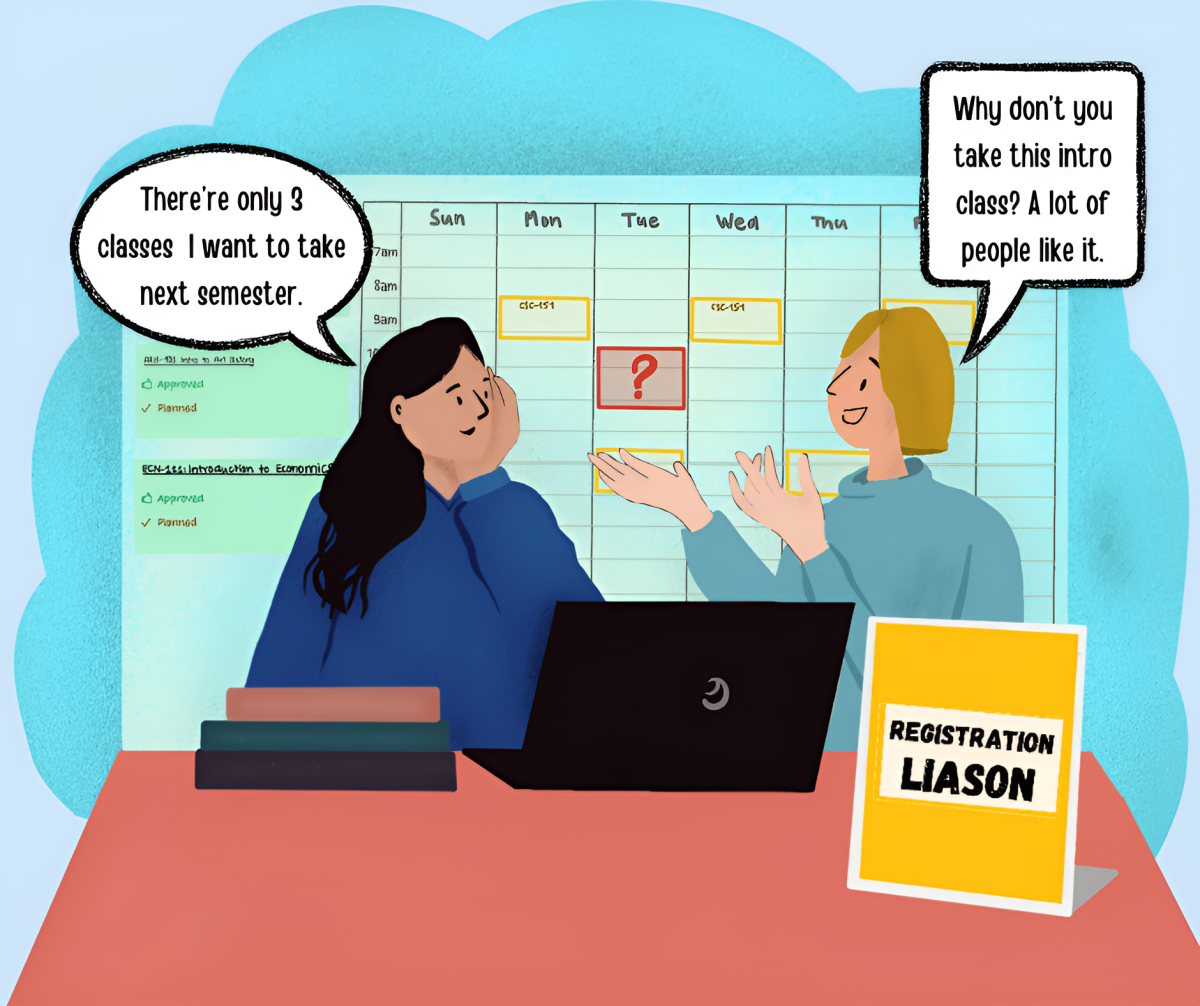
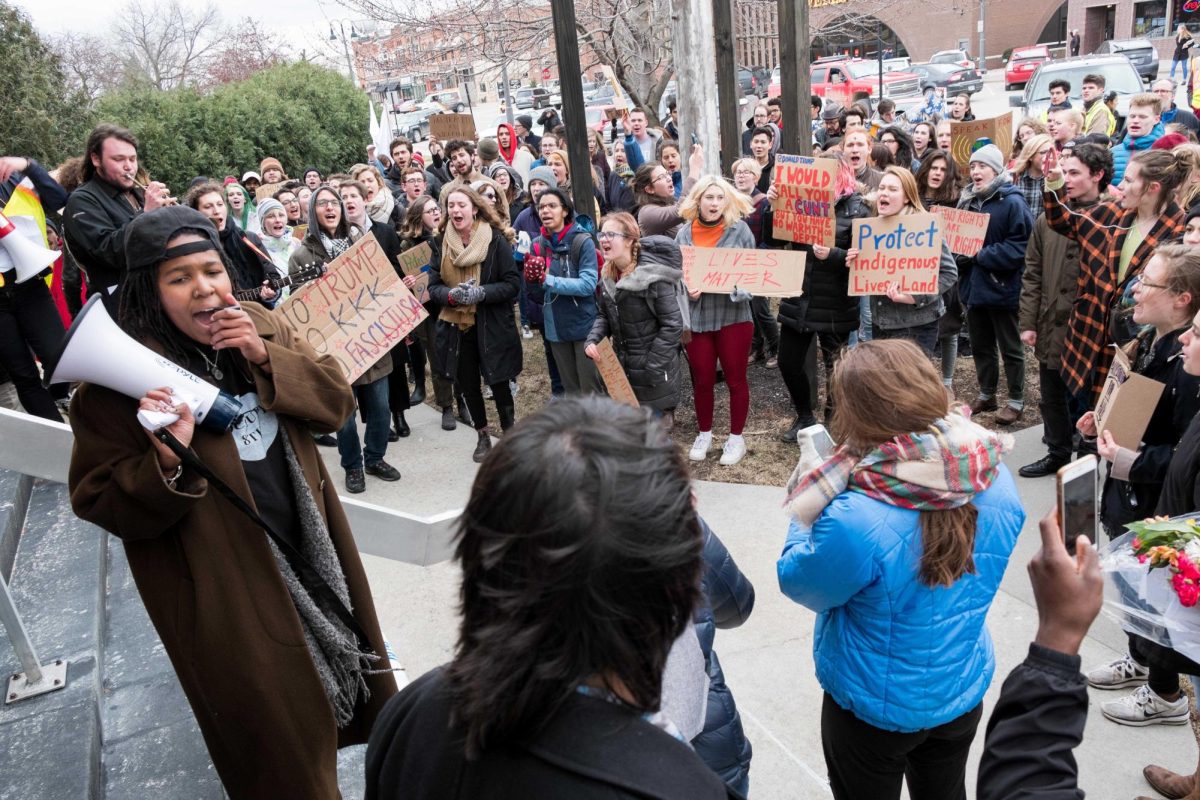
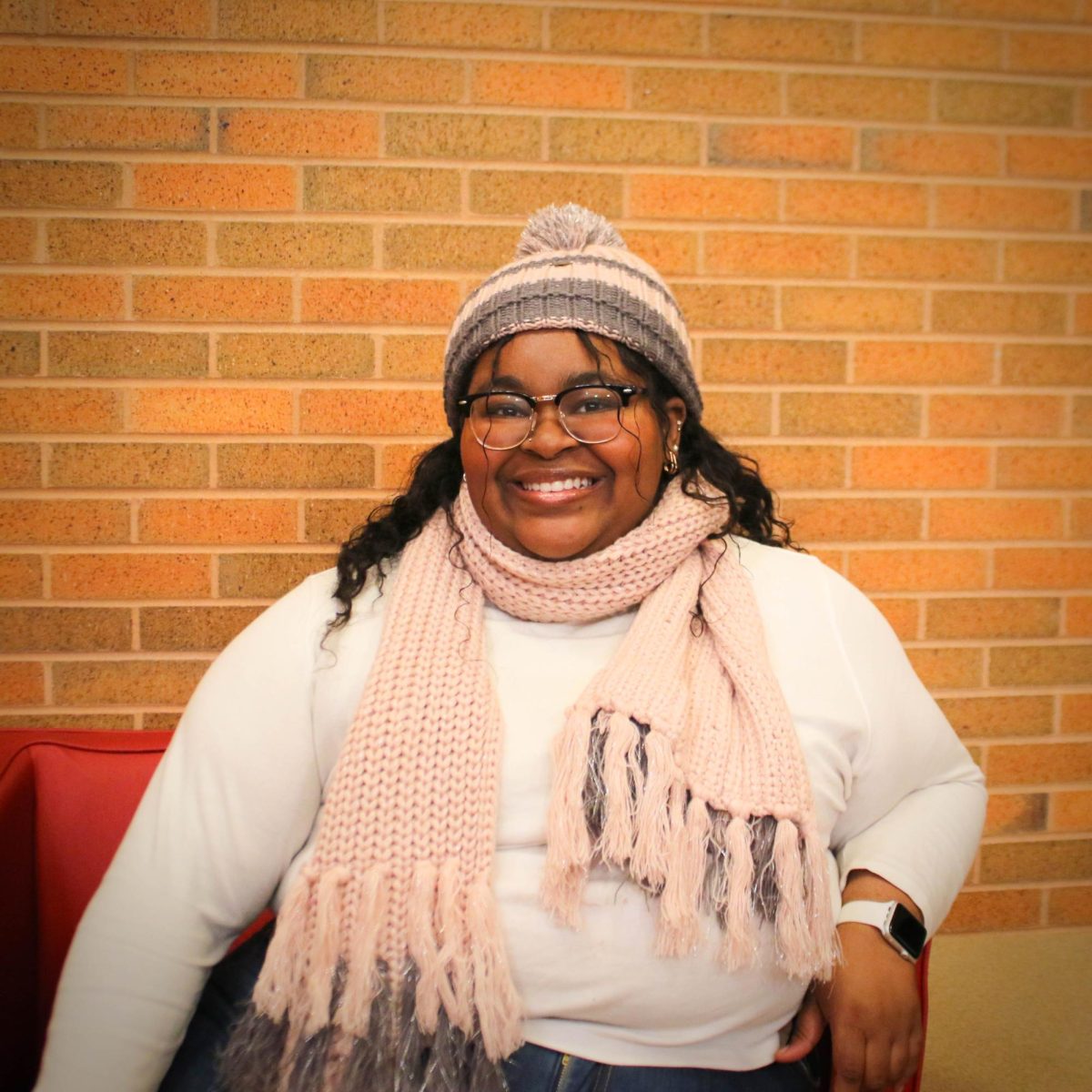
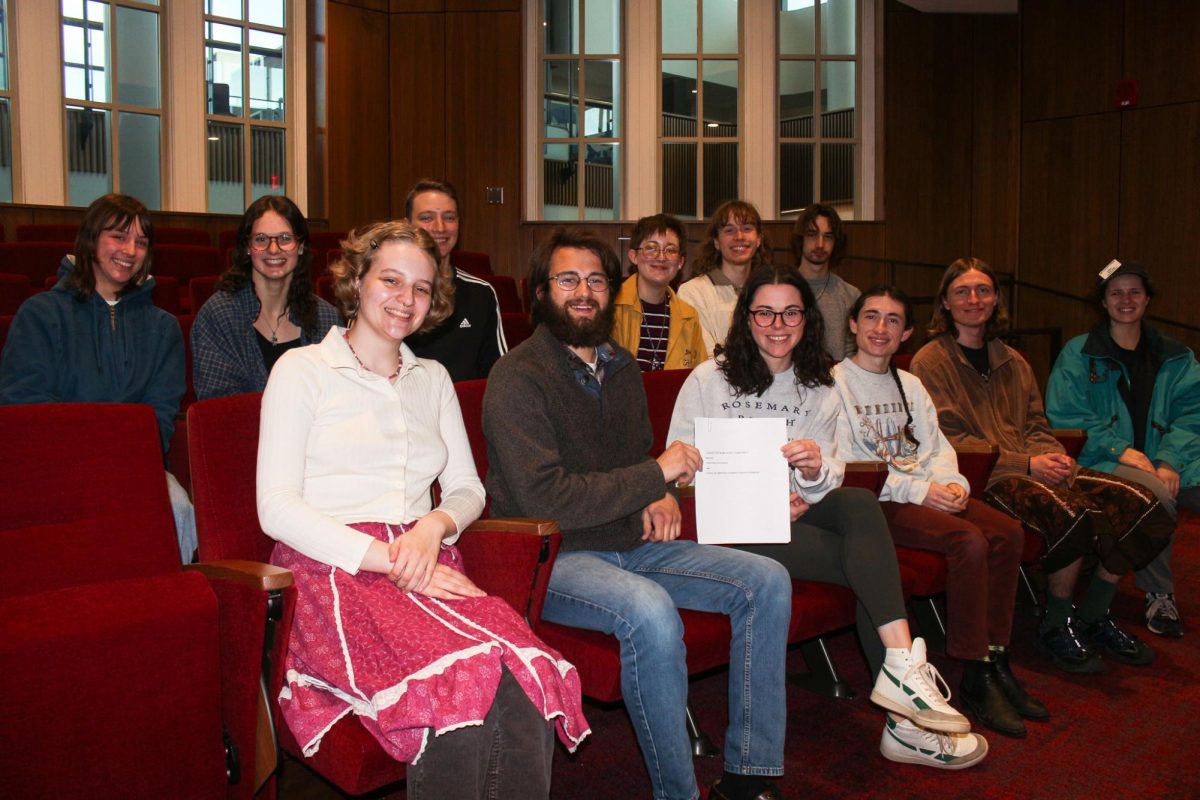


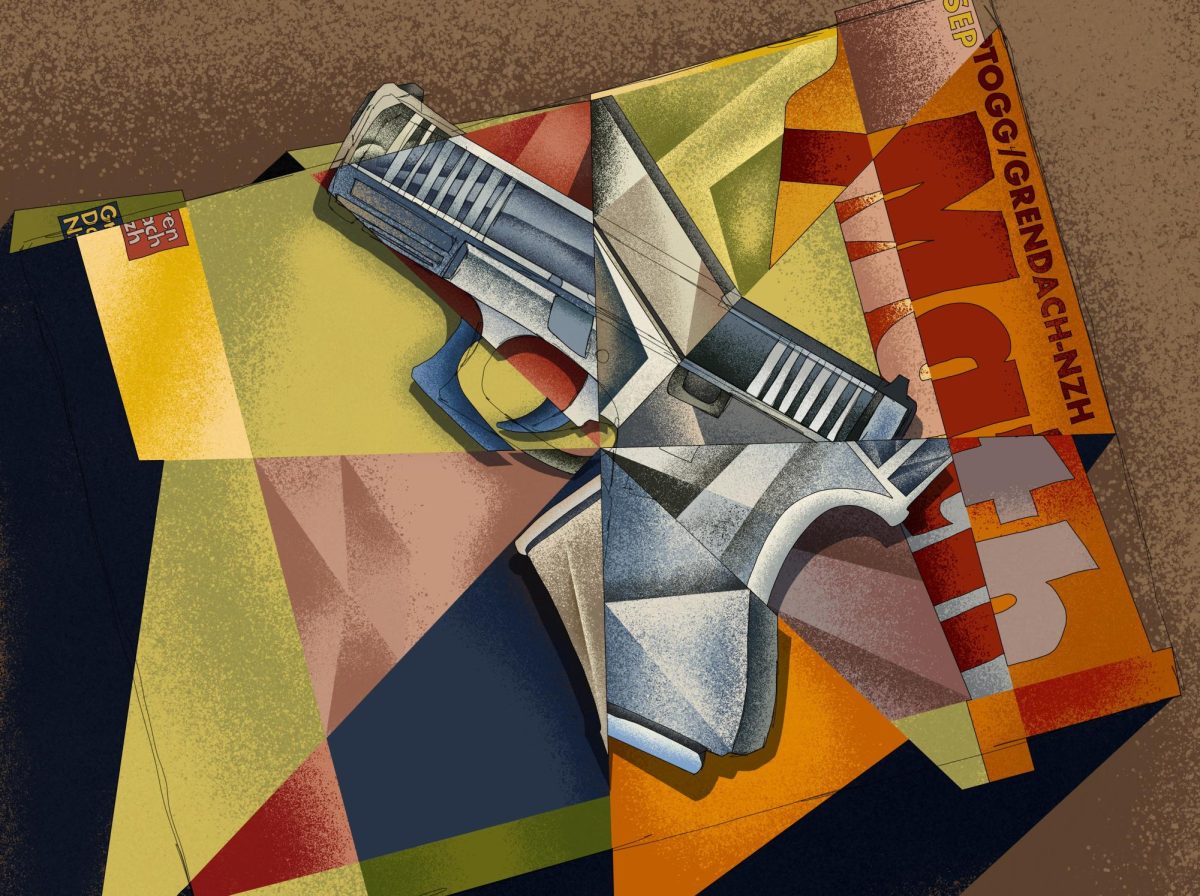
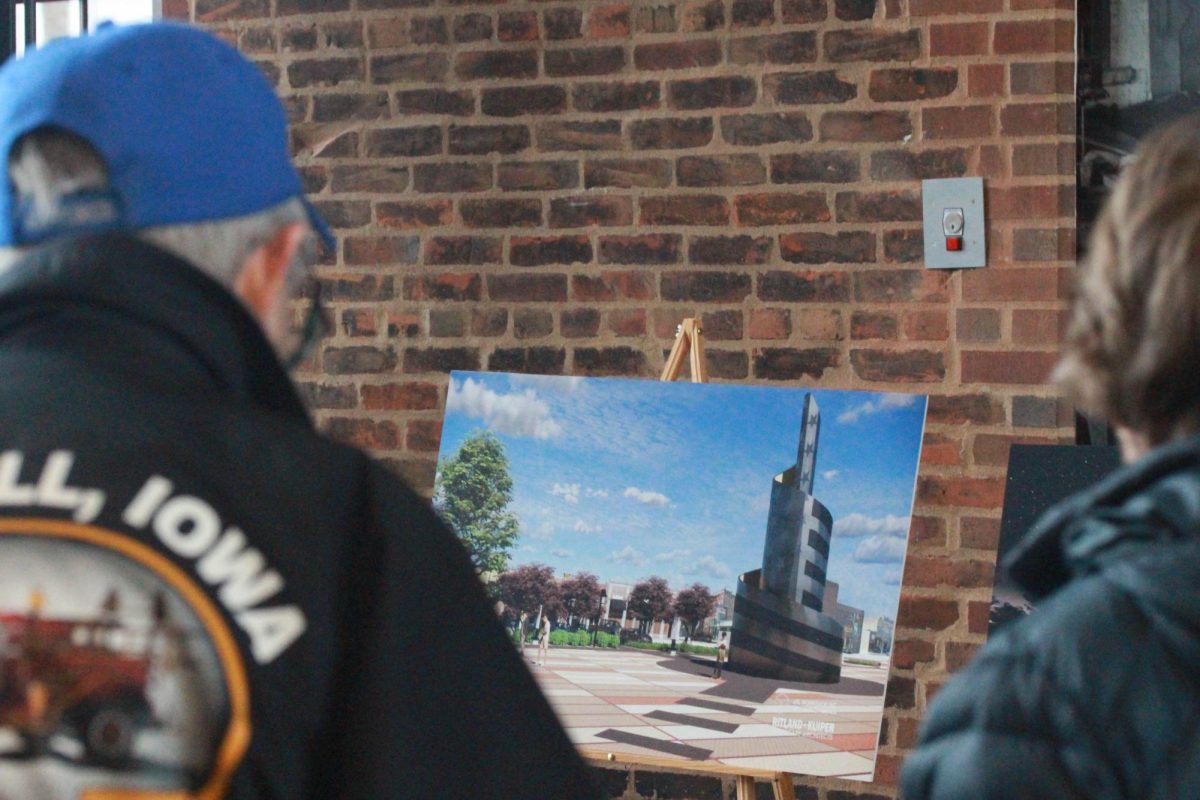


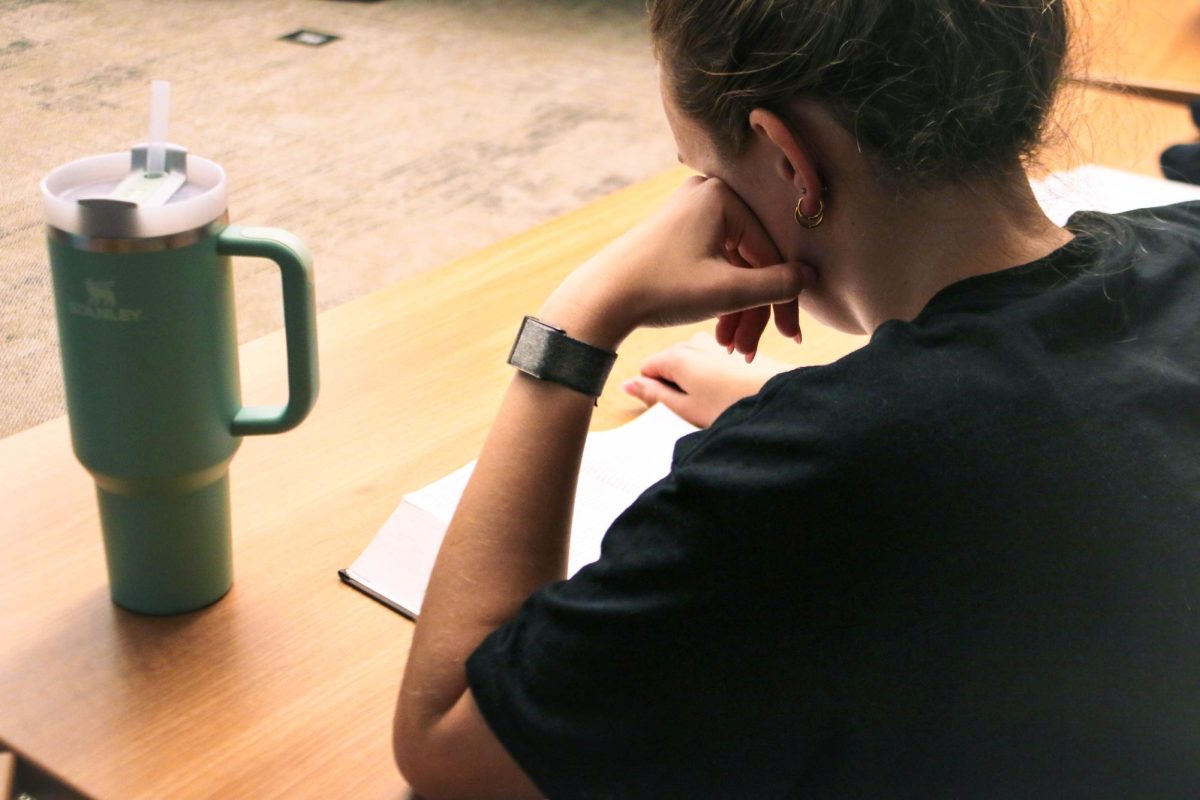

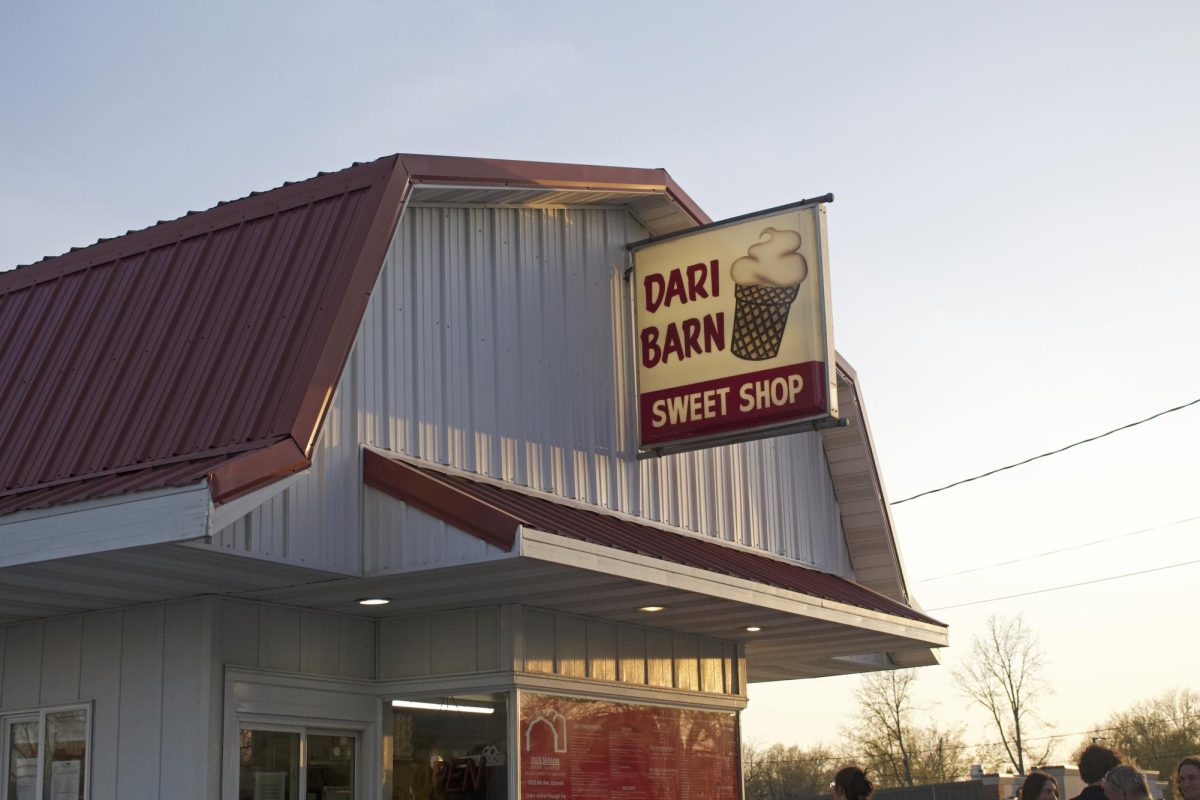
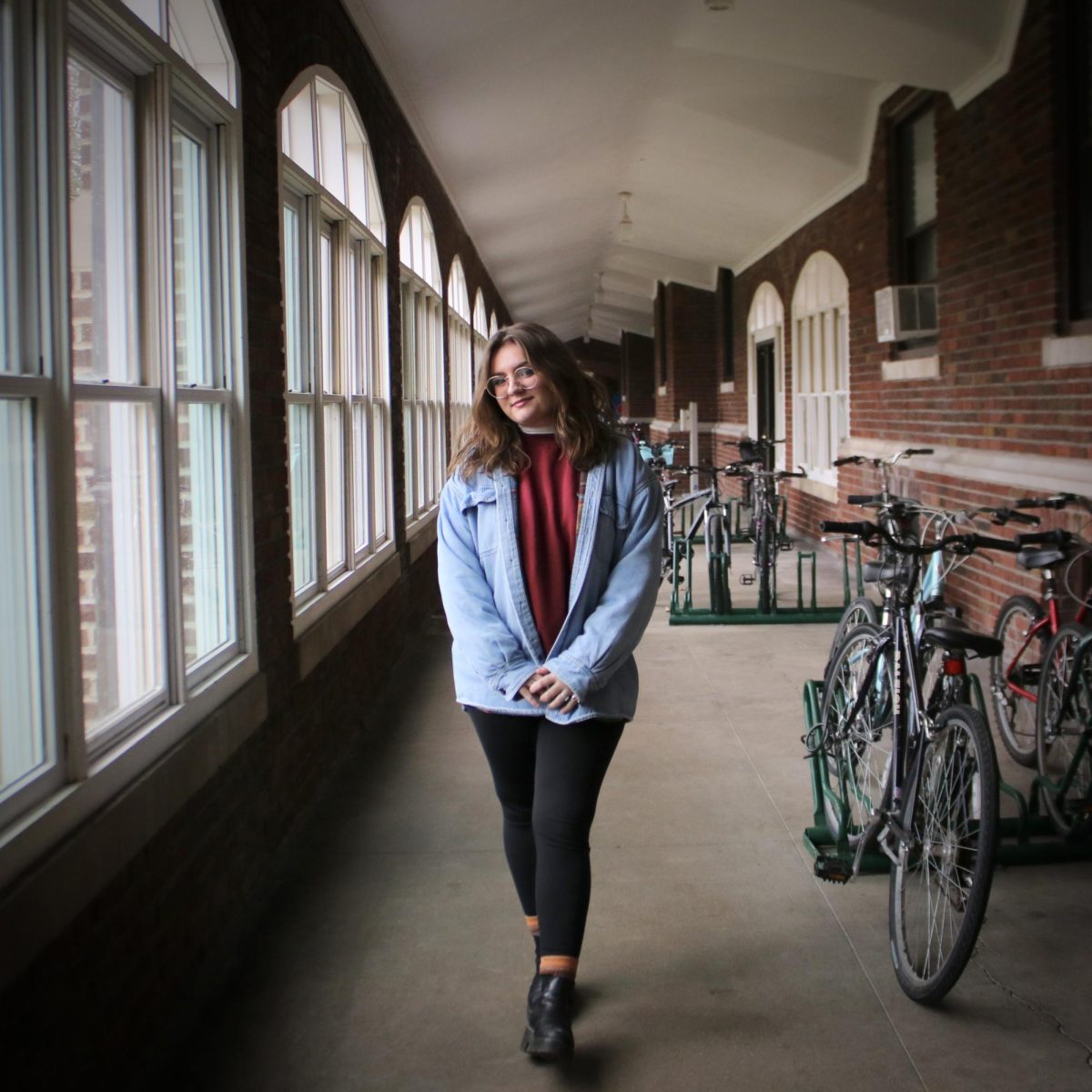


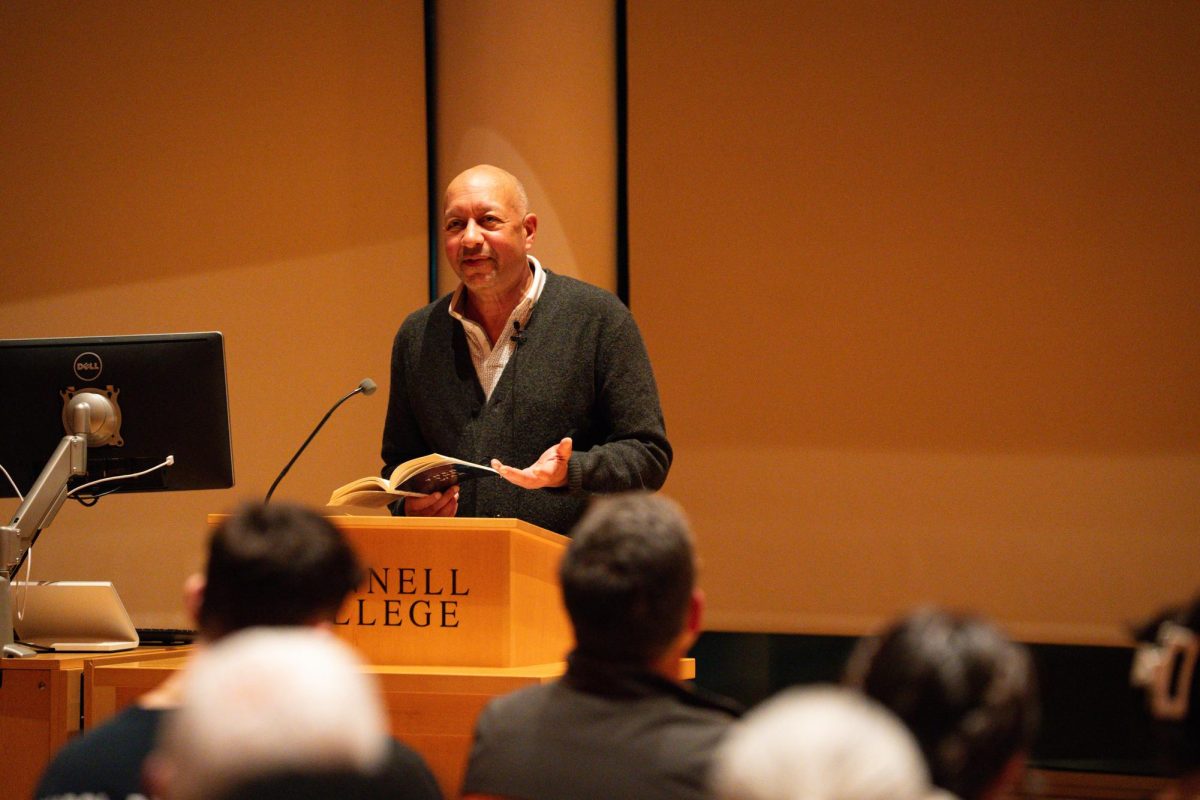
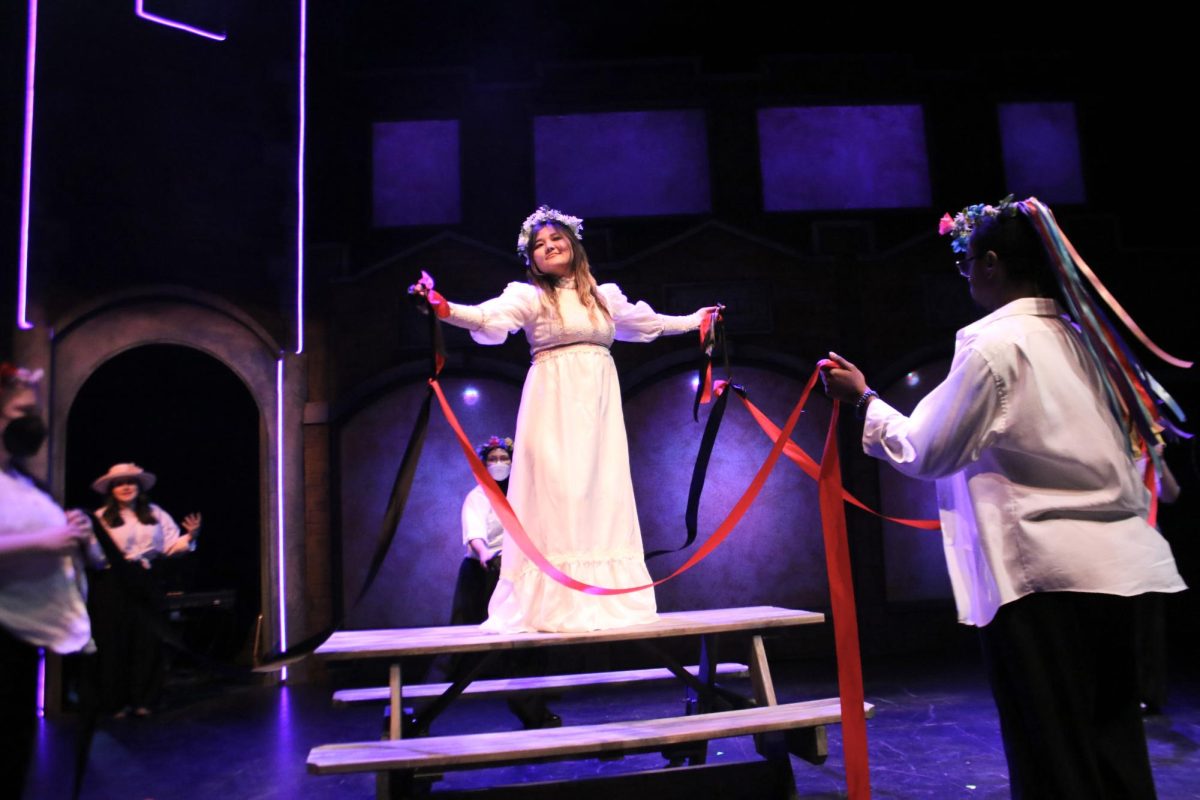
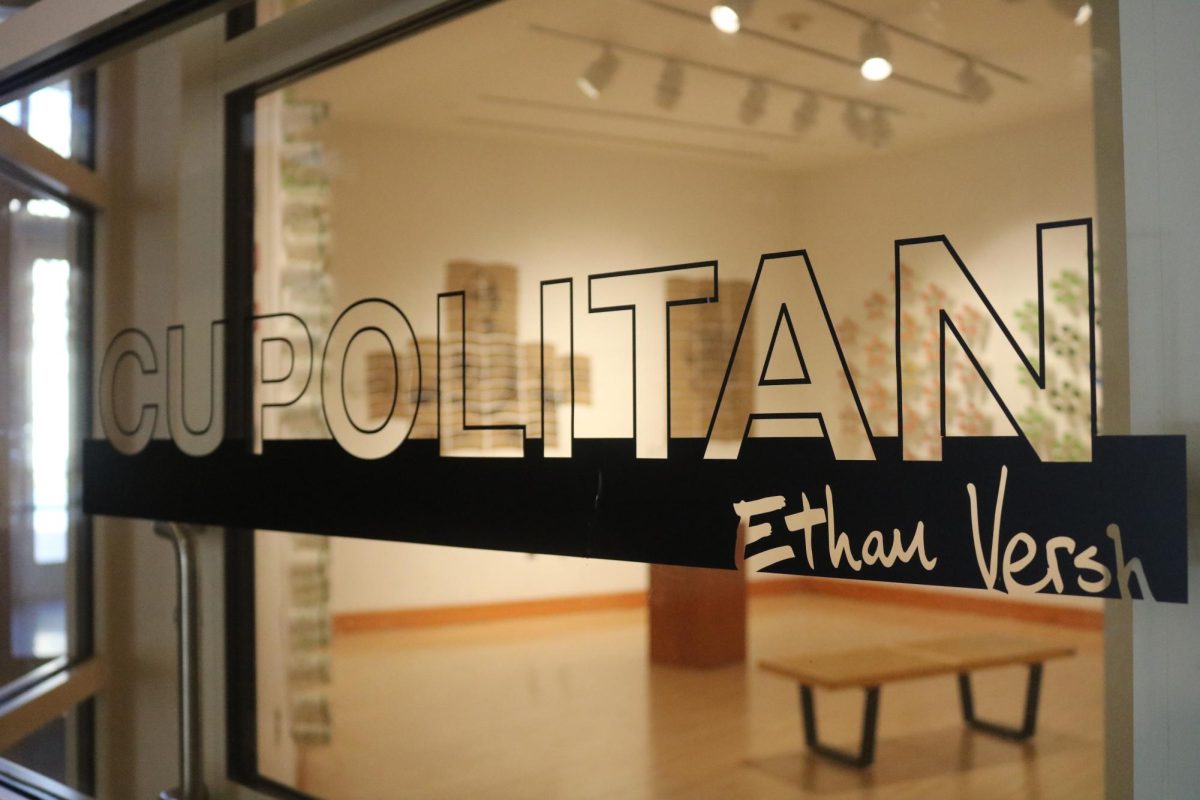

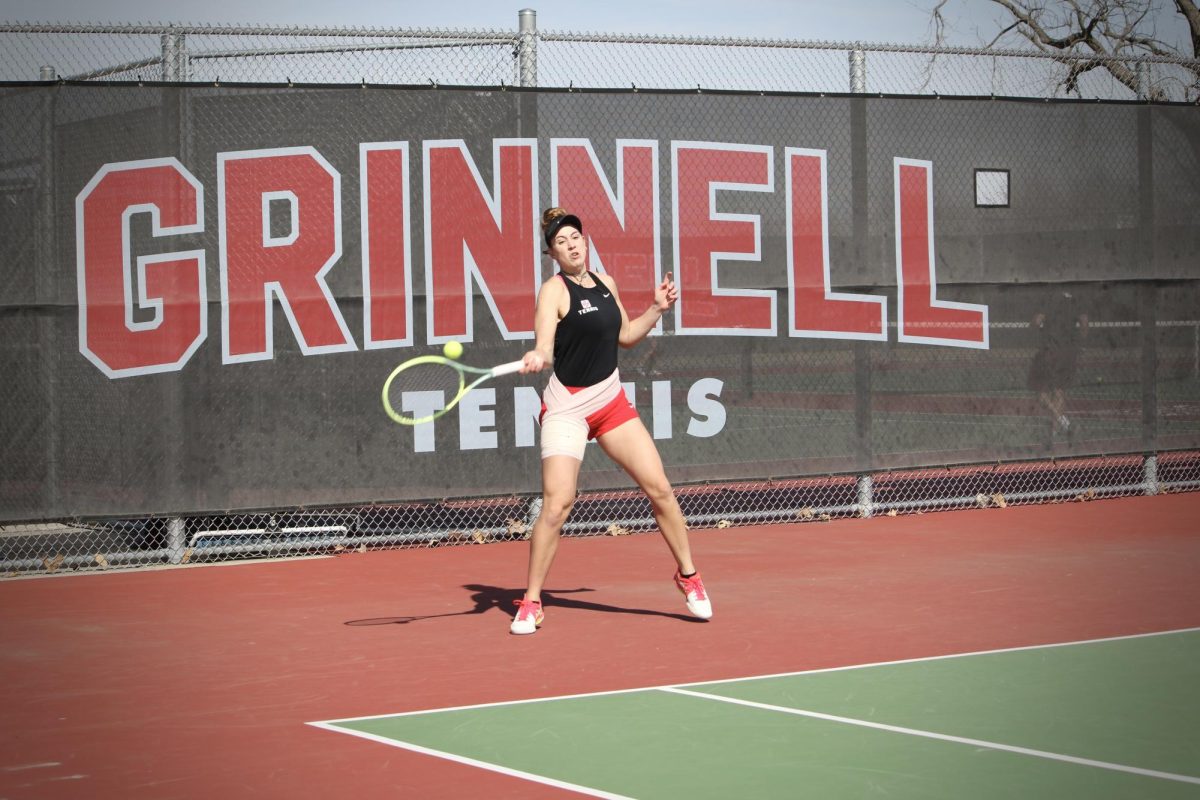
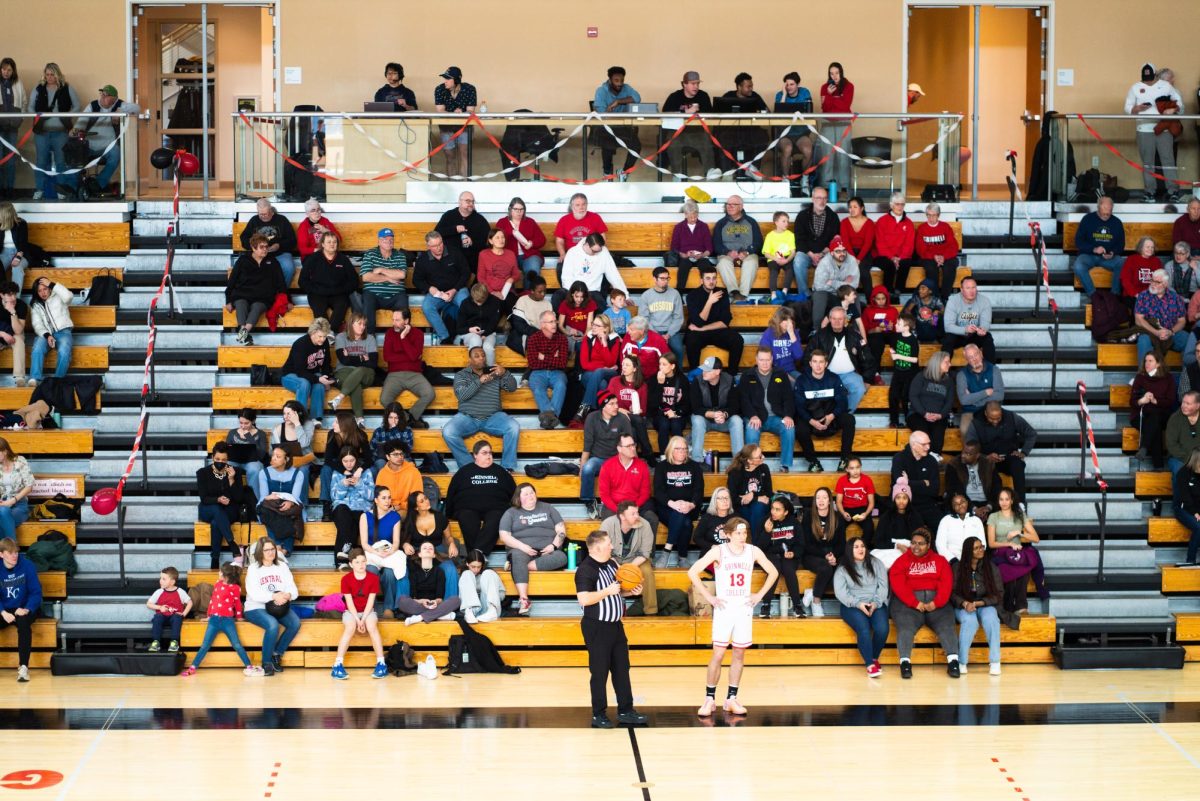

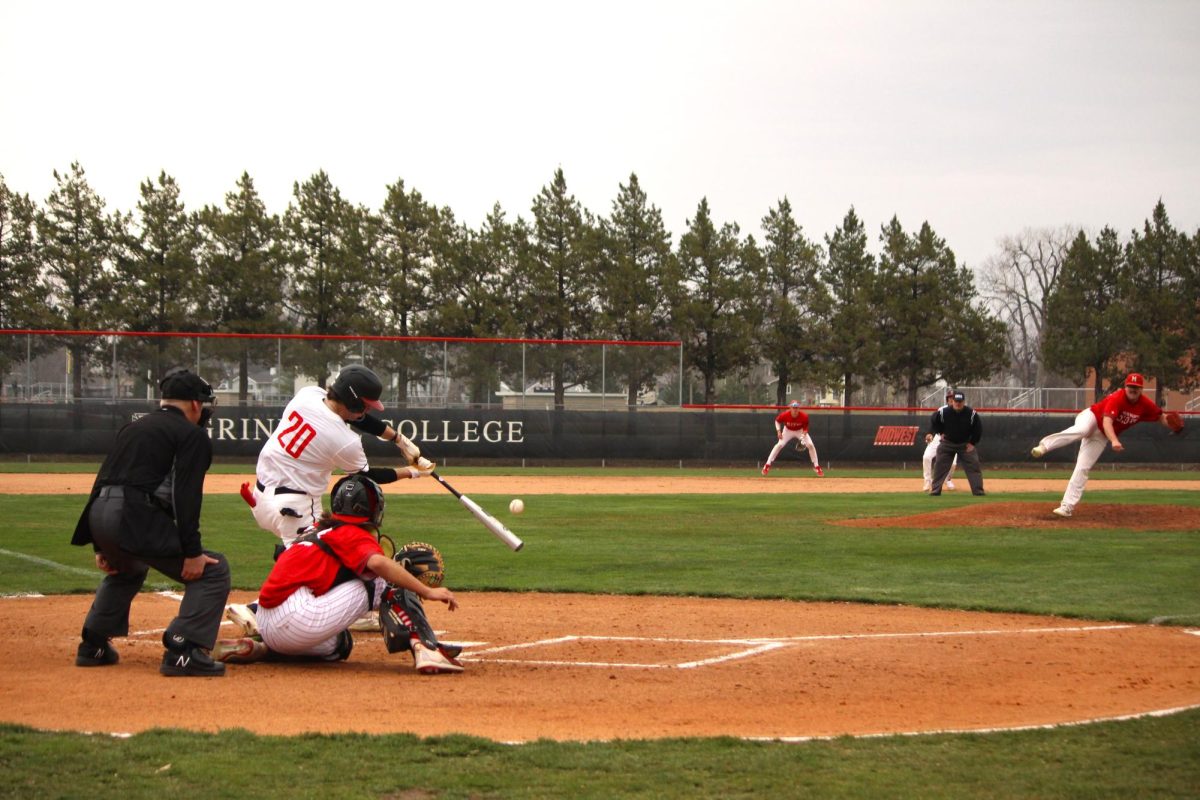

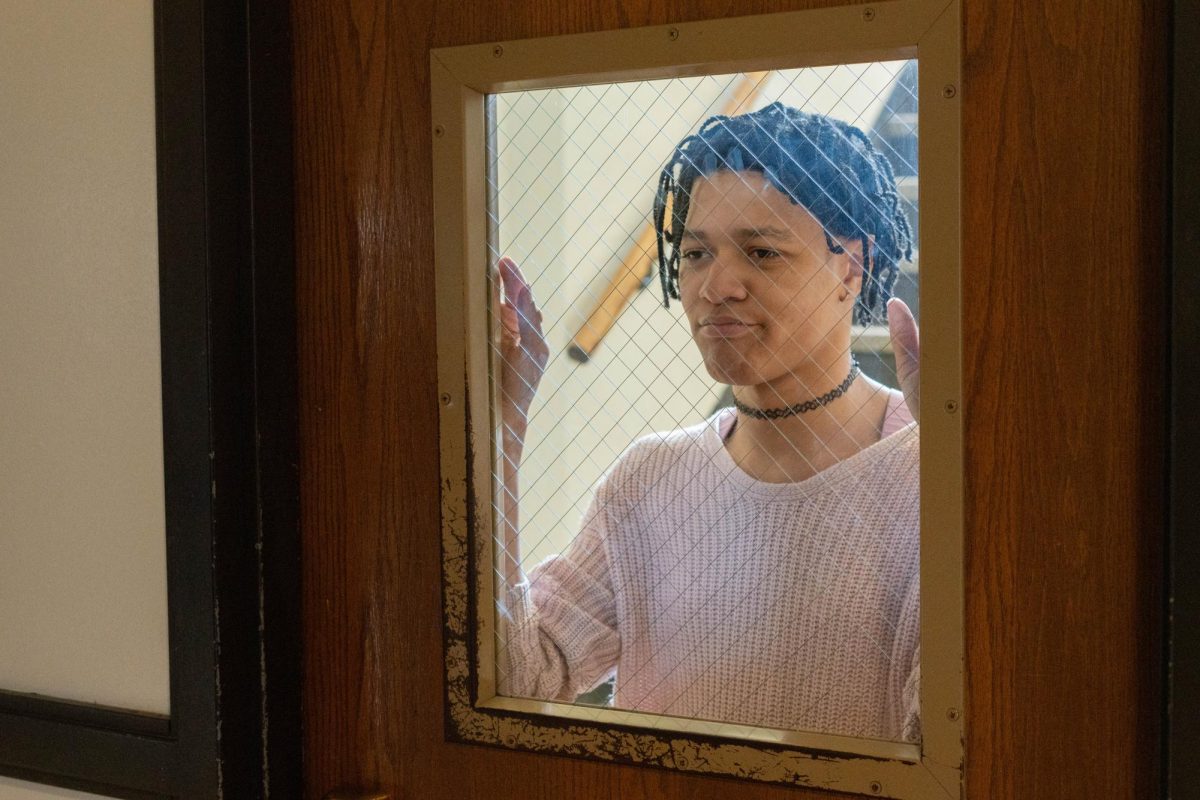
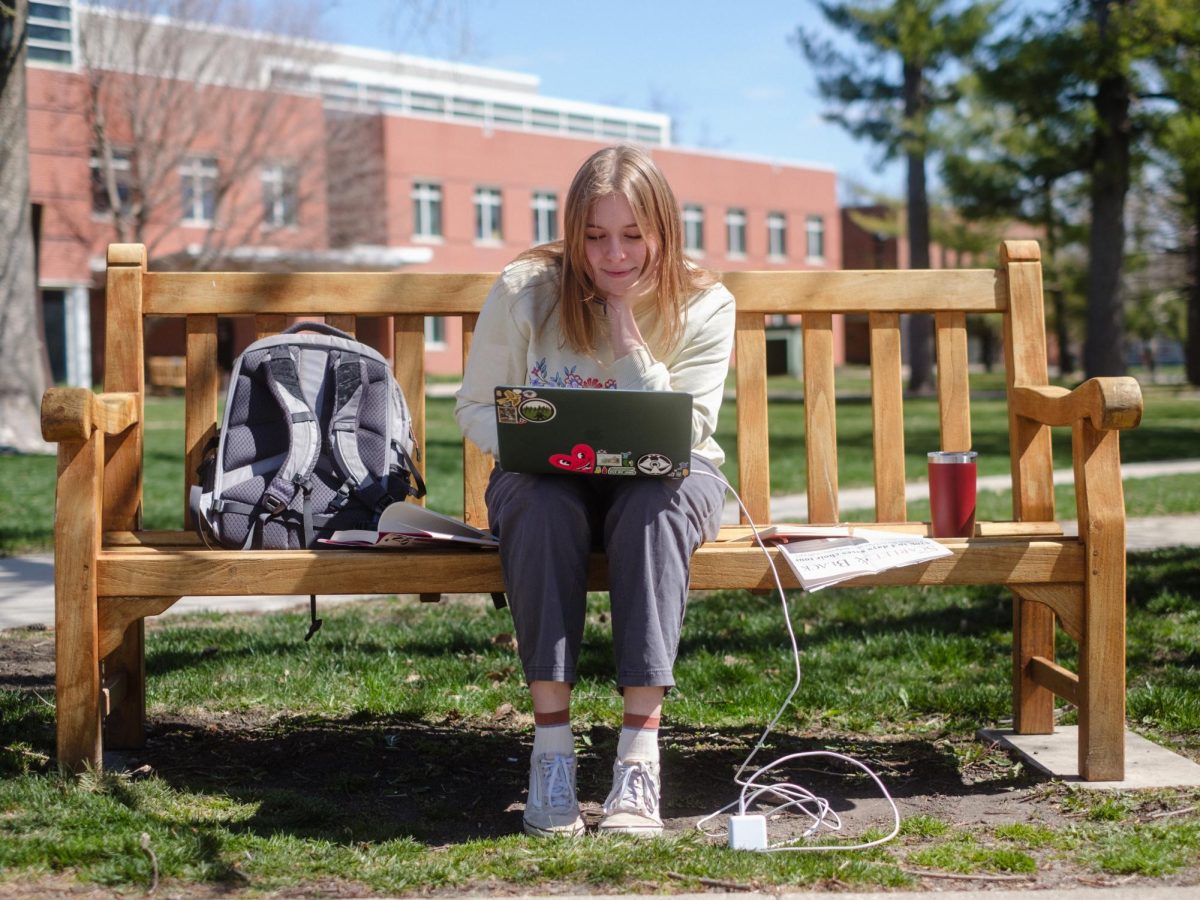
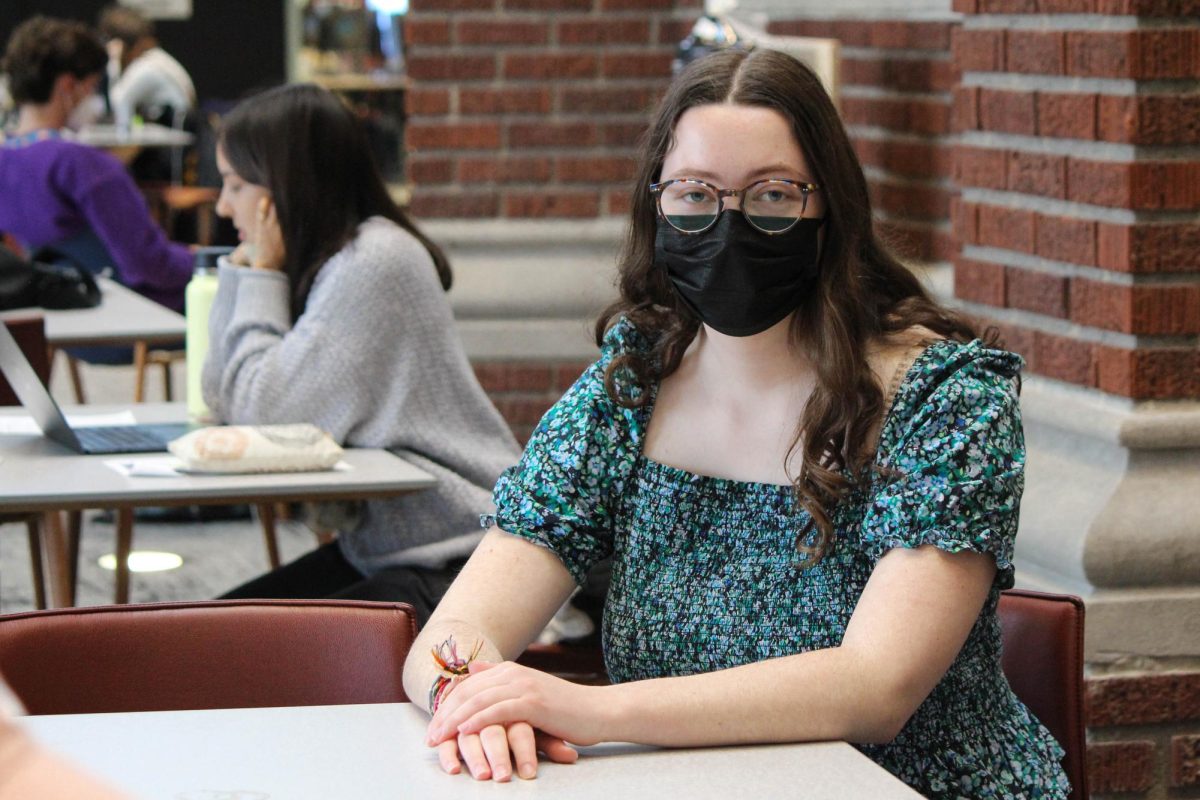



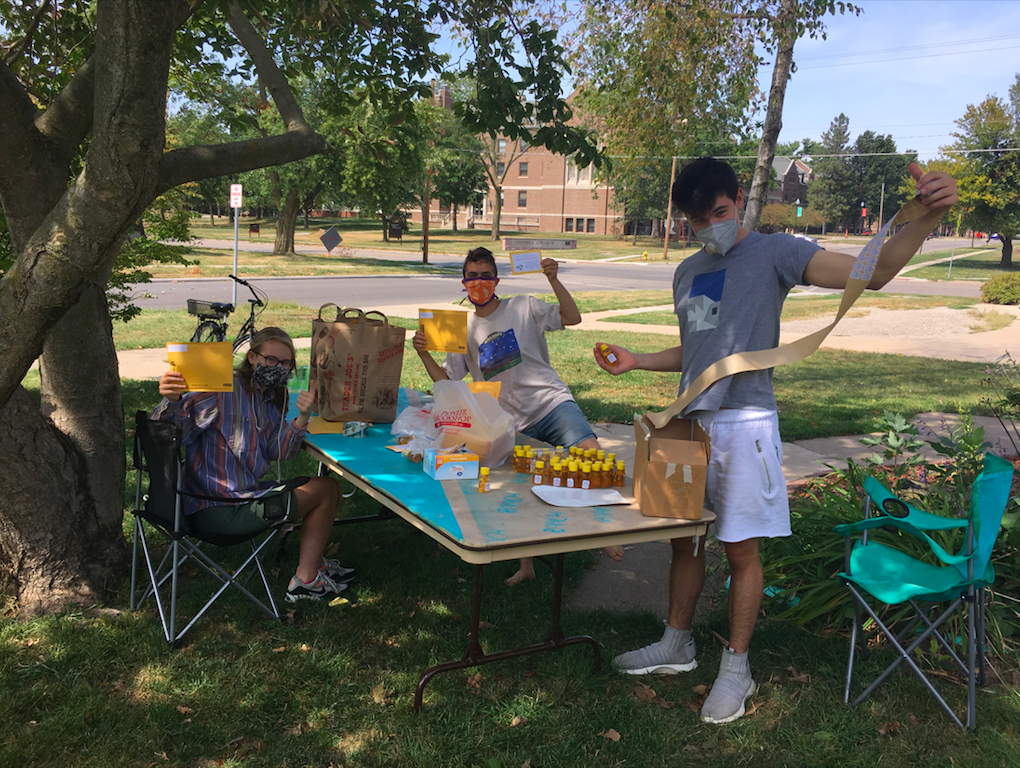






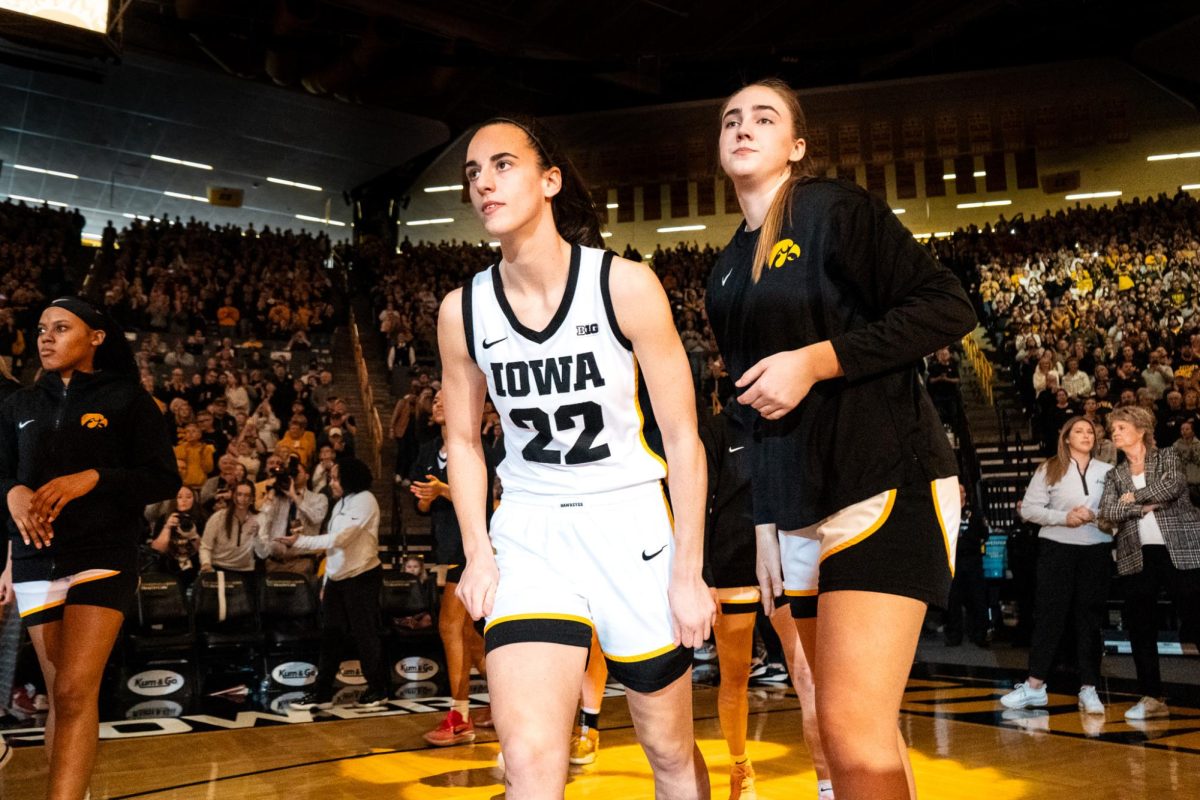
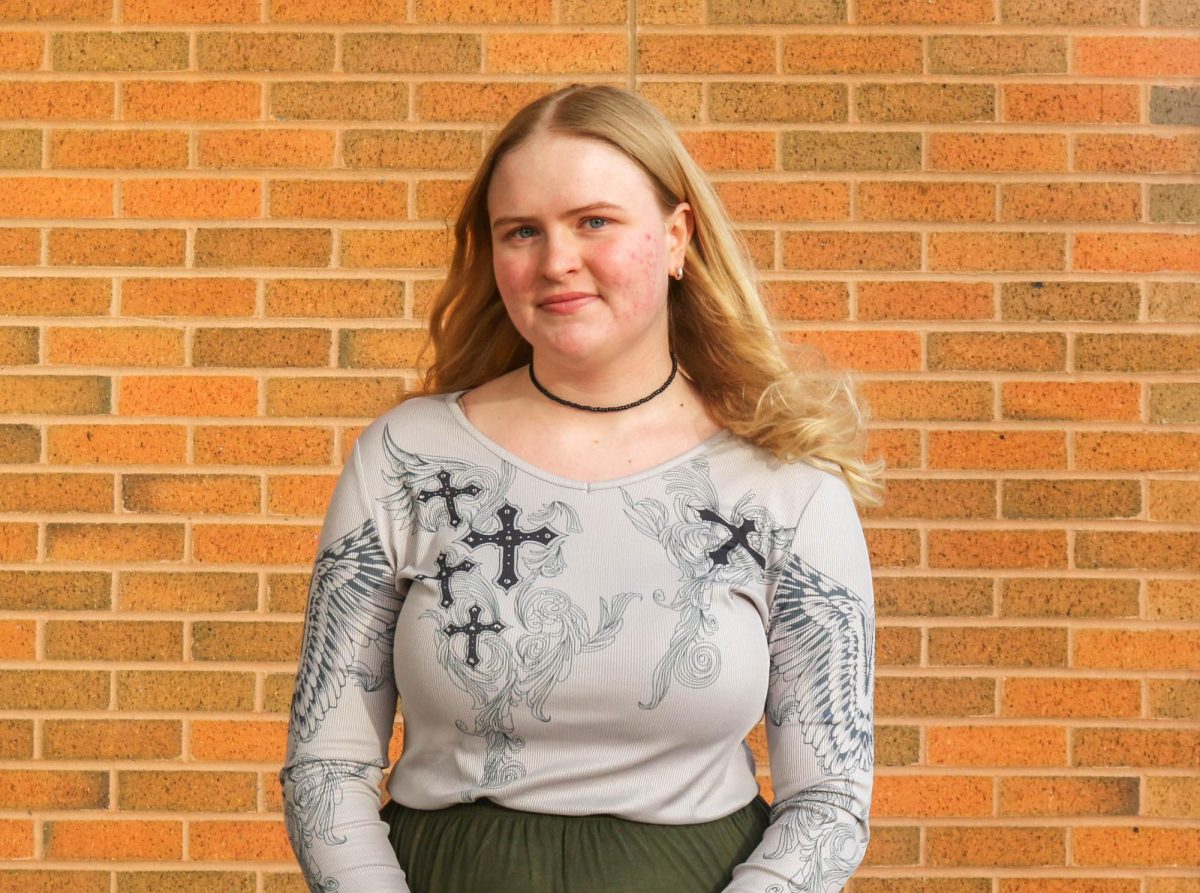
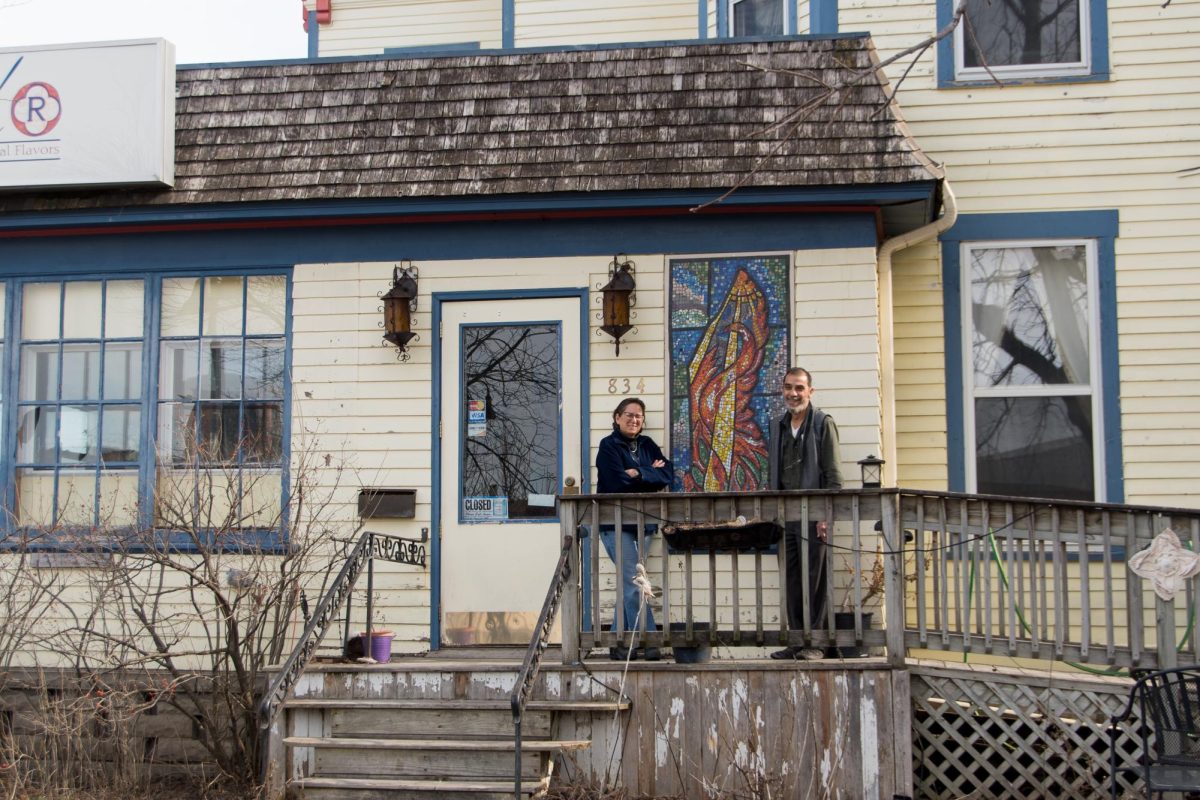
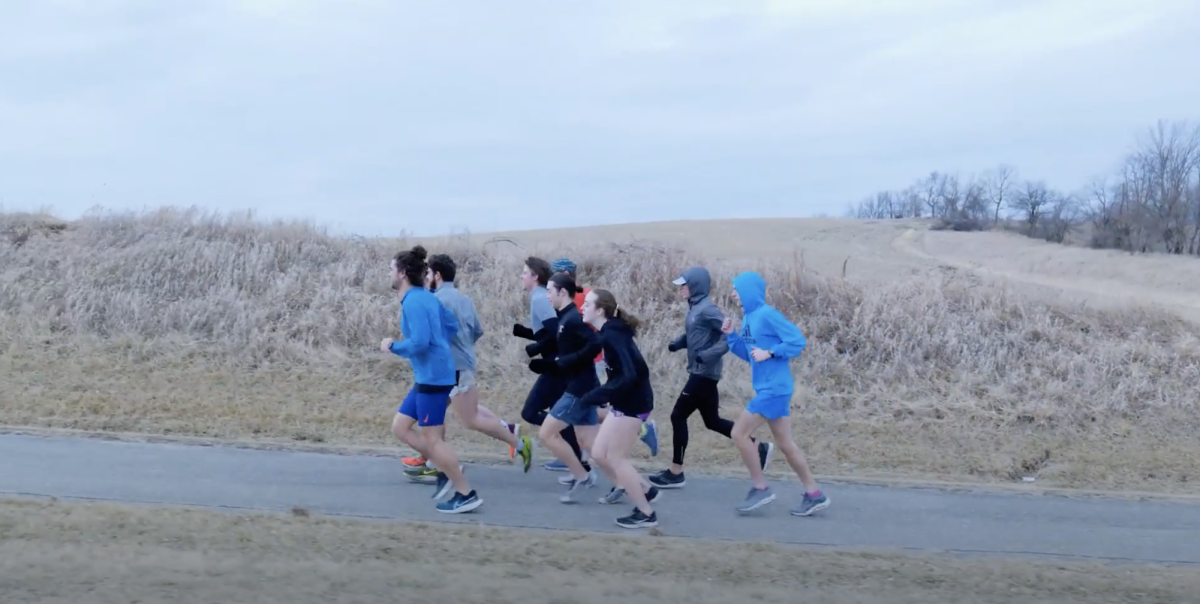


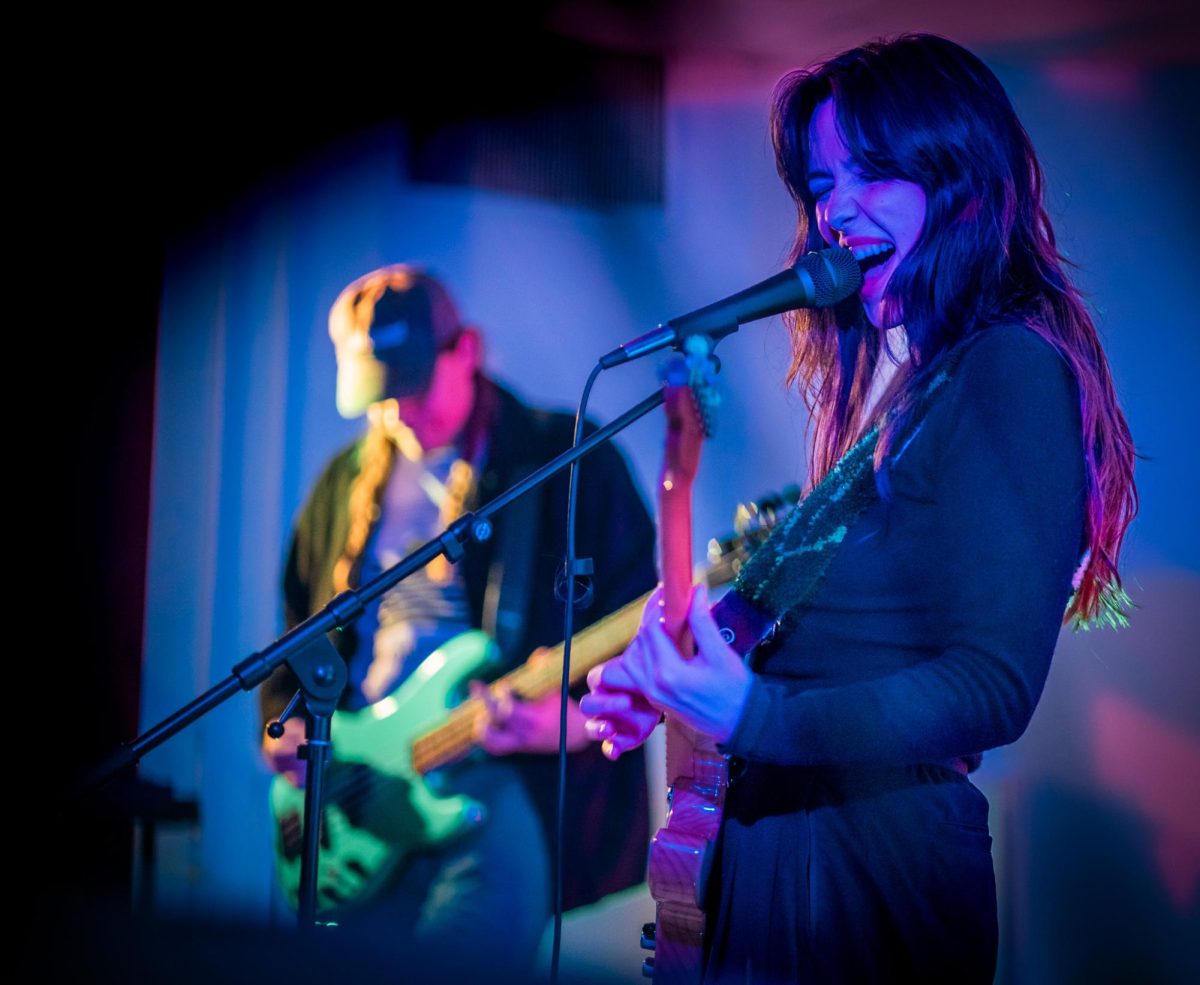
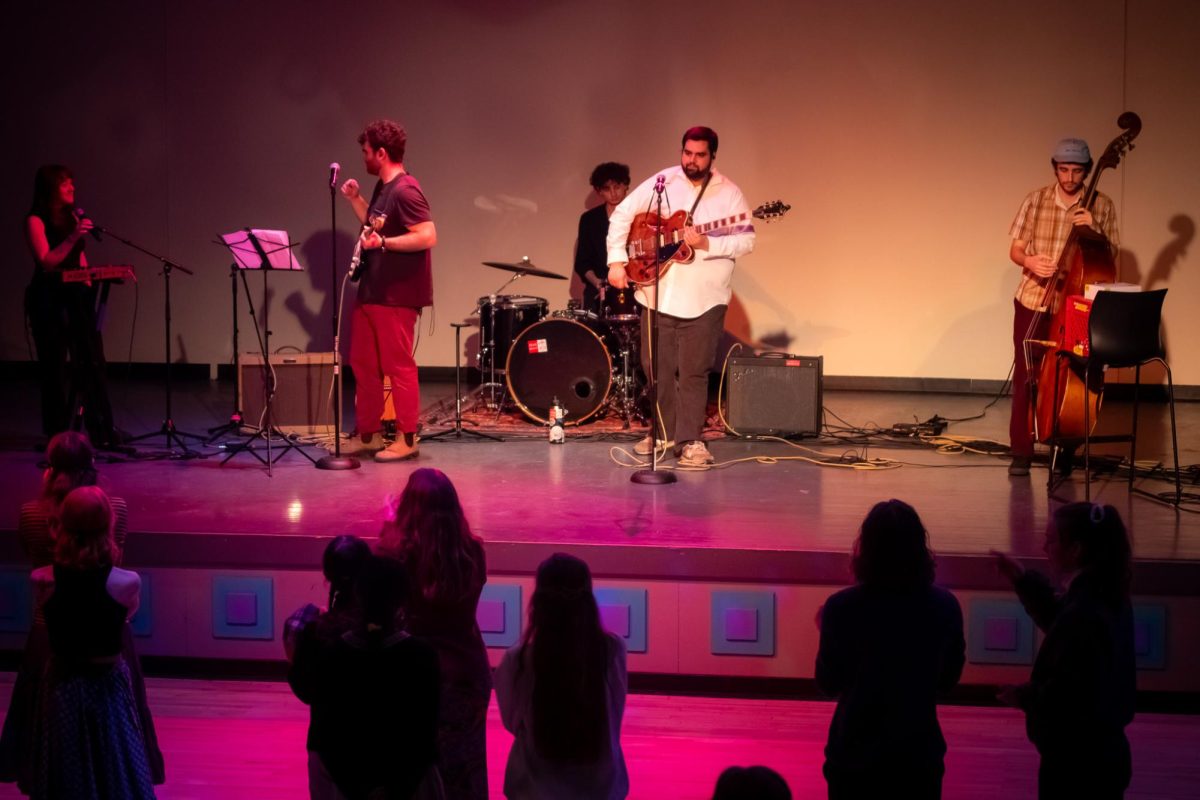
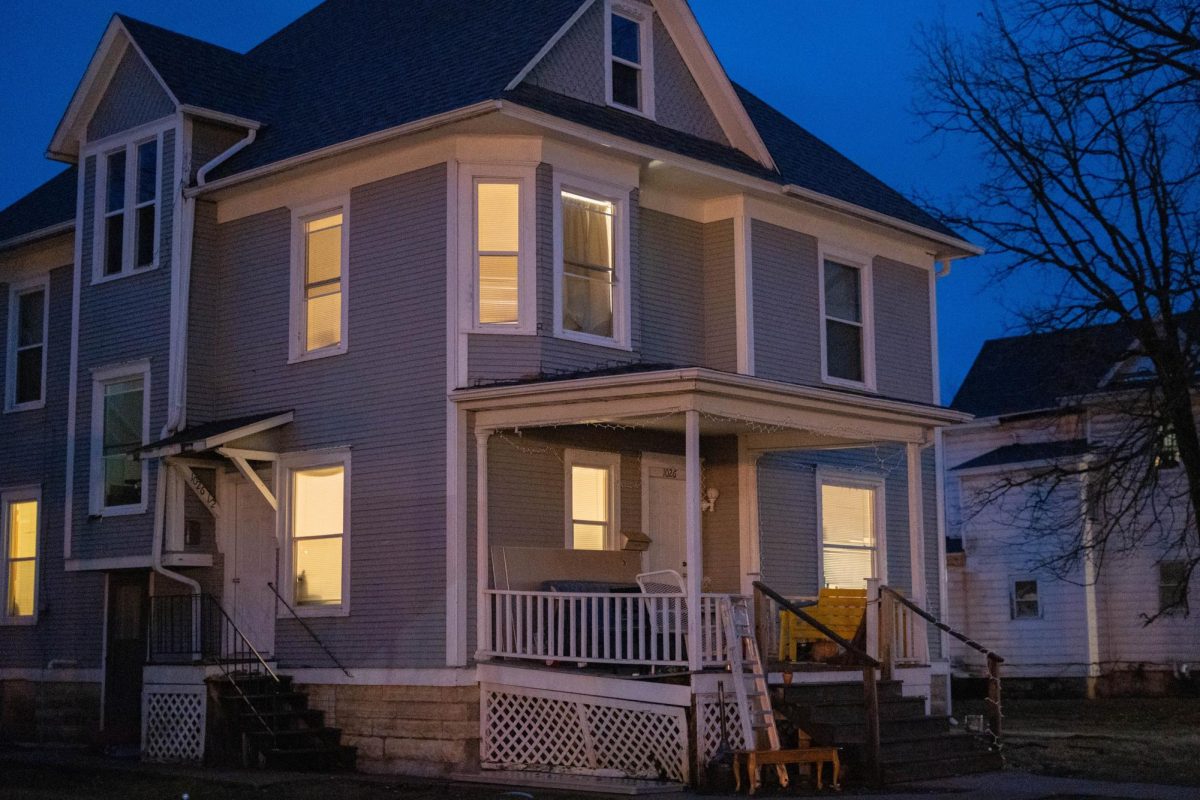
Katya Gibel Mevorach • Apr 8, 2016 at 3:39 pm
Great report but correction: I have enjoyed being 2015-16 Chair of Cultural Film Committee with Prof Raquel Greene and Prof Deborah Michaels. We don’t yet know who will be on the committee for 2016-17 – the composition changes from year to year. Many thanks to all who have attended the 6 films we have screened this year; there is one more film on 1 May https://www.youtube.com/watch?v=WtWmFyKcbyQ